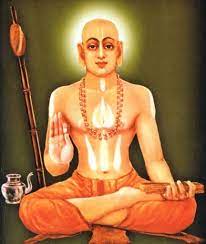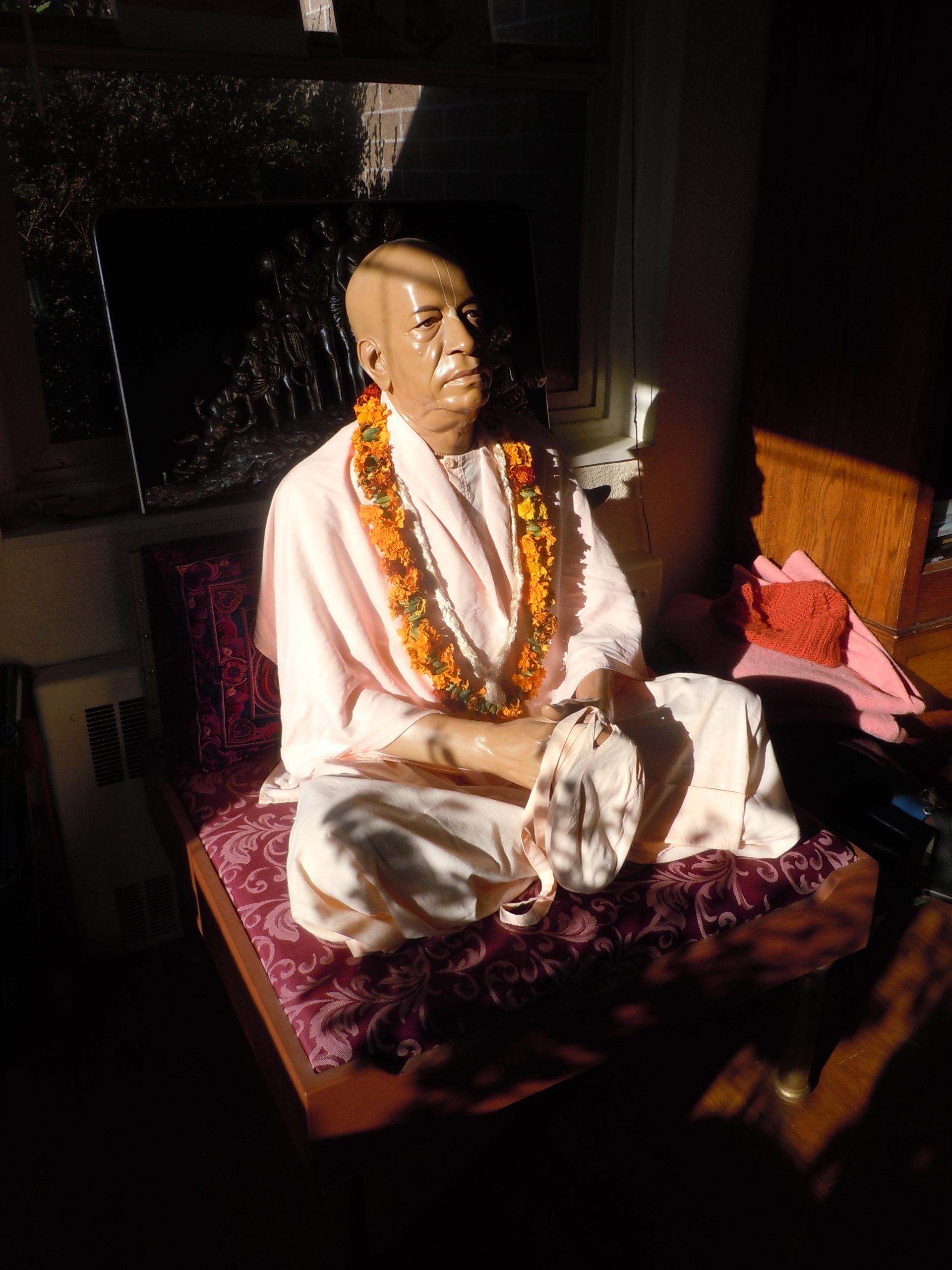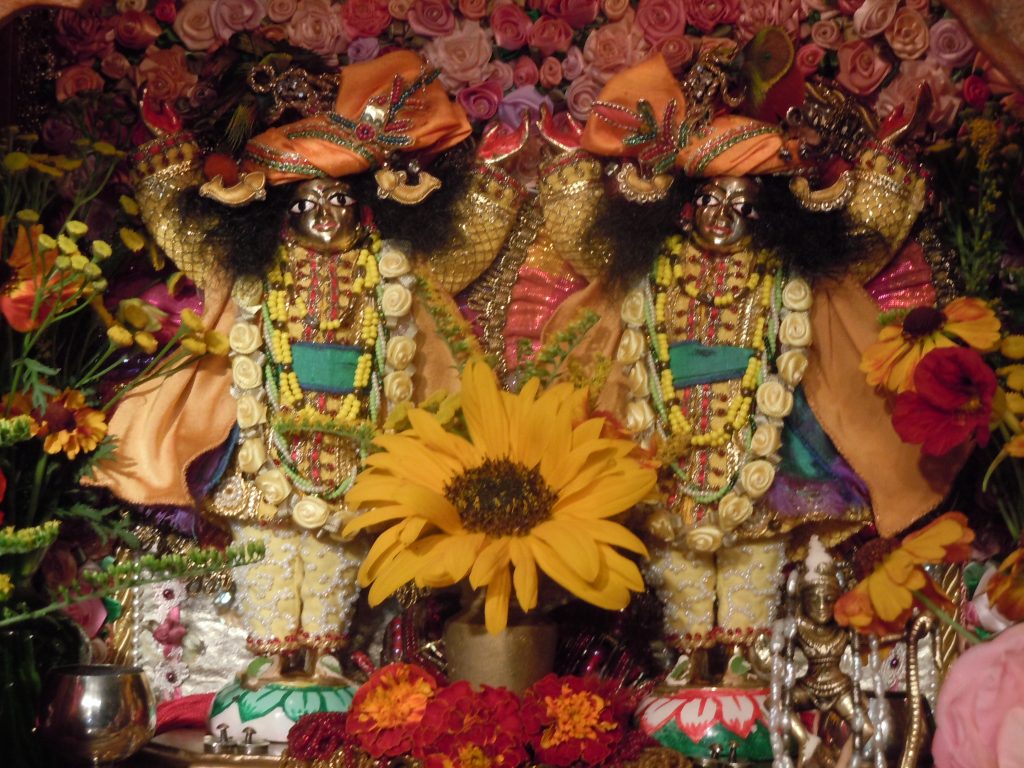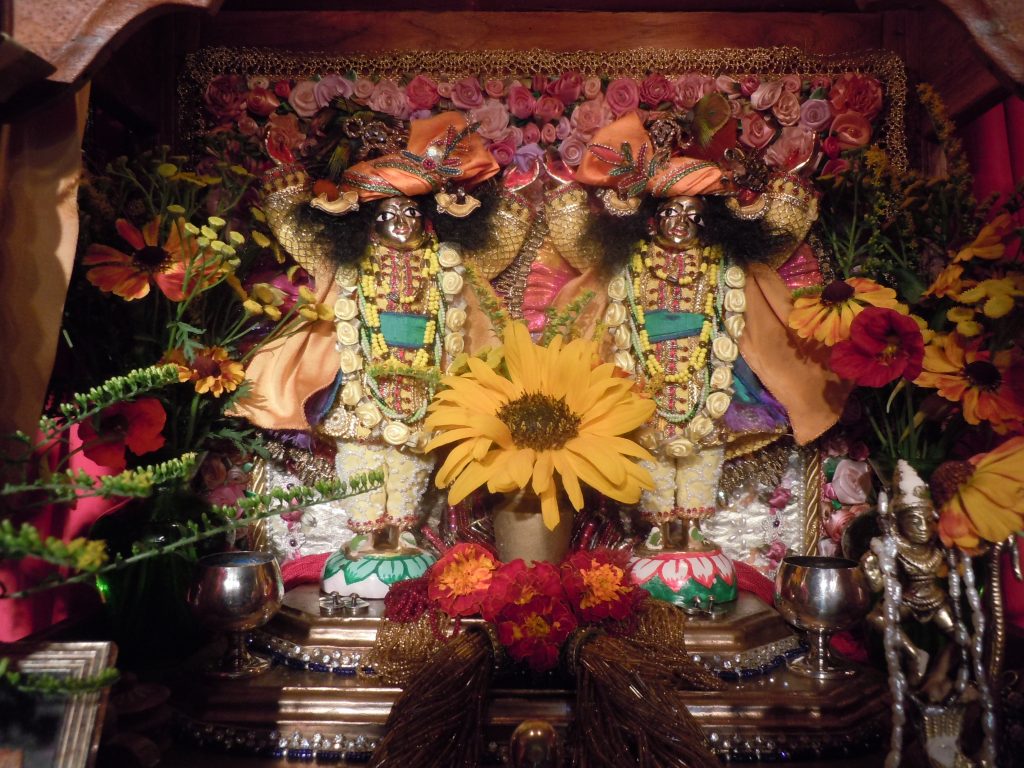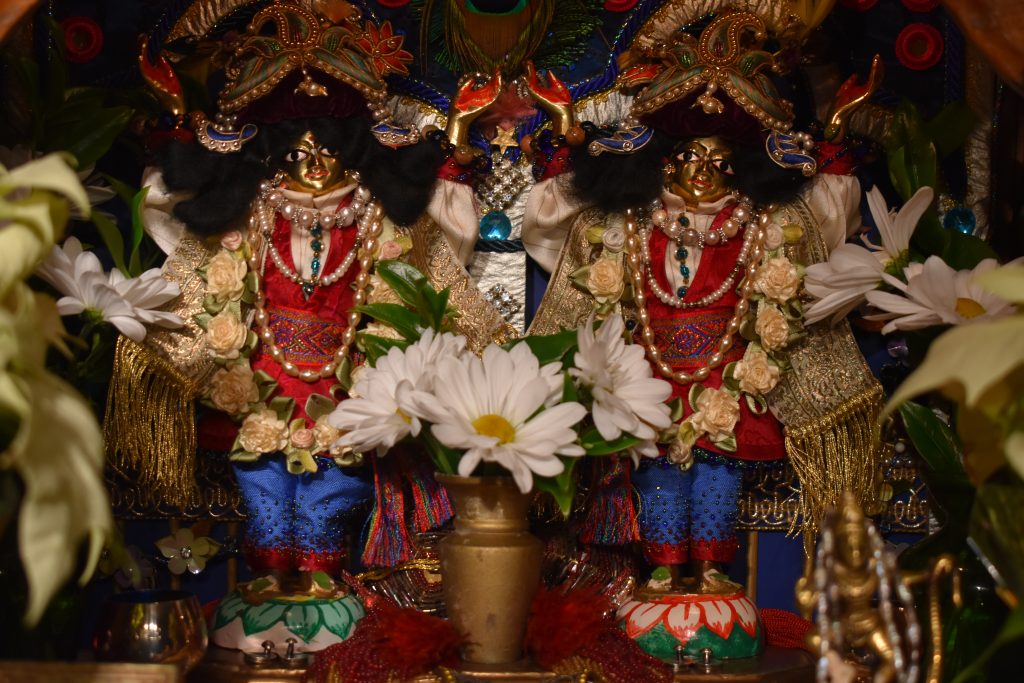- February 20, 2023By Haripada dasa Srila Prabhupada always said that the devotee must be serious and sincere in his Krishna consciousness practices.…
- February 10, 2023The National Geographic Society recently devoted an entire issue to Charles Darwin and his speculations regarding the origin of species.…
- January 30, 2023Life Comes from Dirt Superstitions: The ancient Greeks, specifically the renowned philosopher Aristotle (384 B.C – 322 B.C.), believed that living things…

Under the guidance, inspiration and authority of
His Divine Grace A.C. Bhaktivedanta Swami Prabhupada
Founder-Acharya of the Krishna Consciousness Movement
Srila Prabhupada: “I wish that each and every branch shall keep their separate identity and cooperate keeping the acharya in the center. On this principle we can open any number of branches all over the world. (Letter, February 11, 1967)
